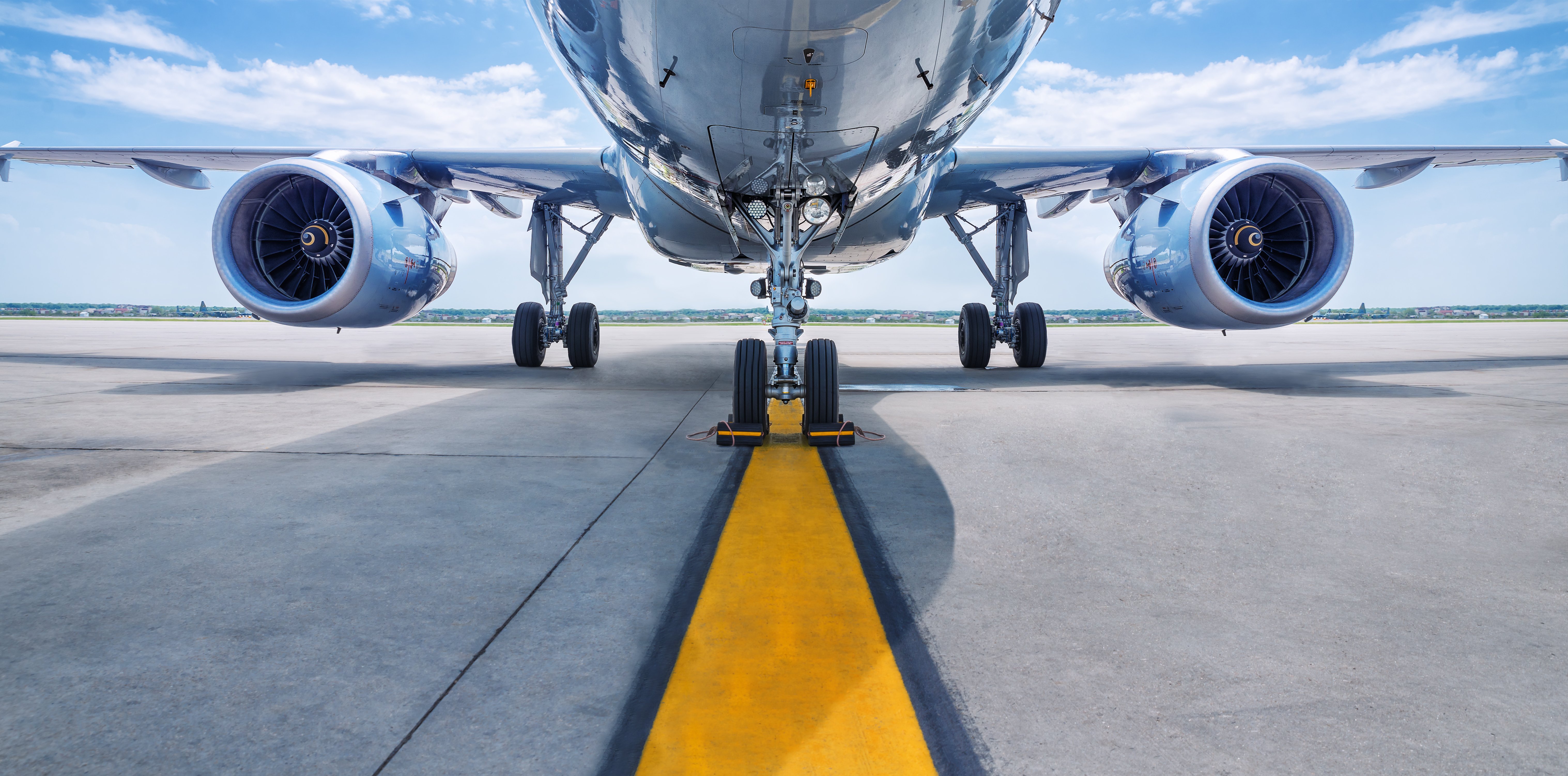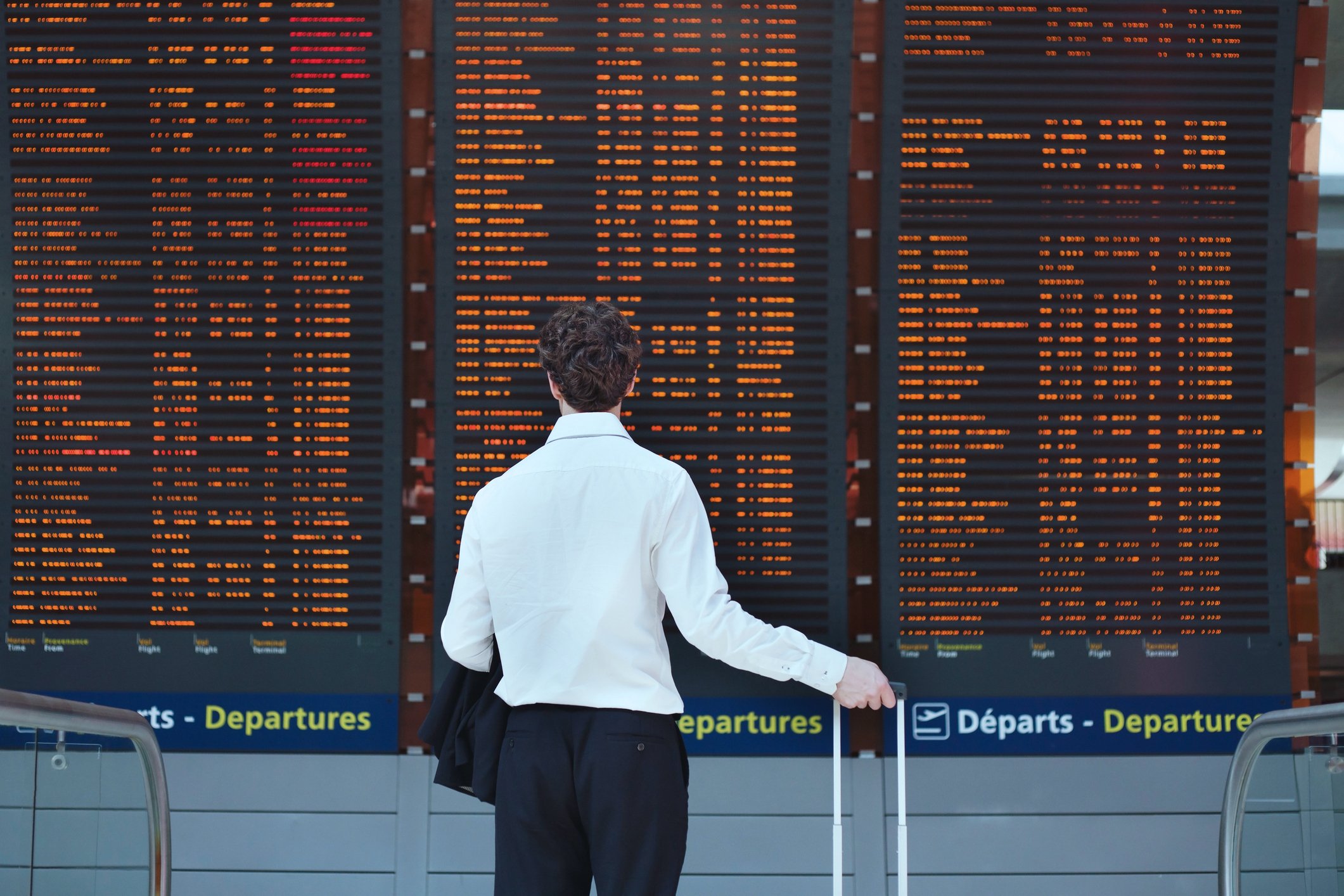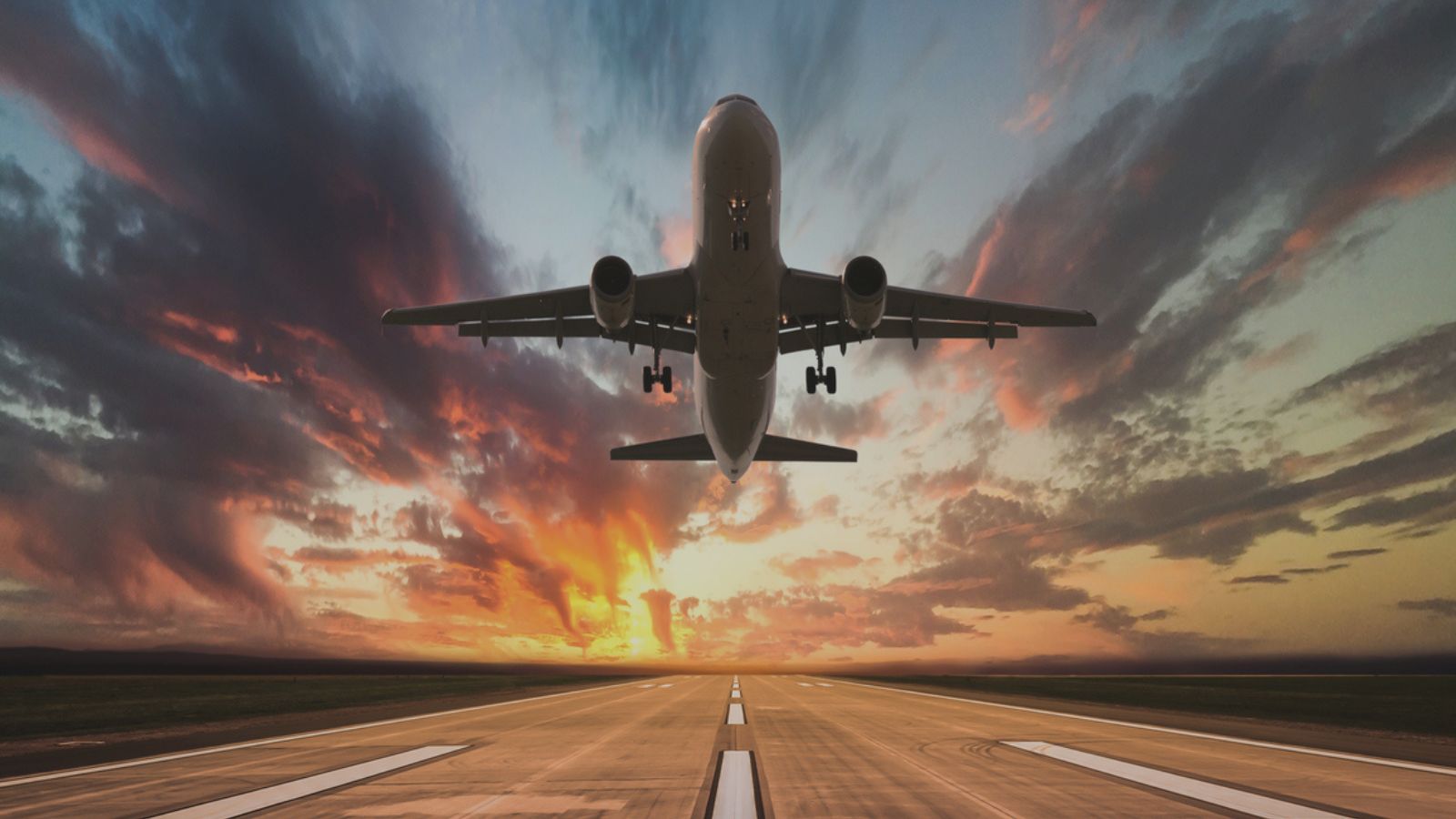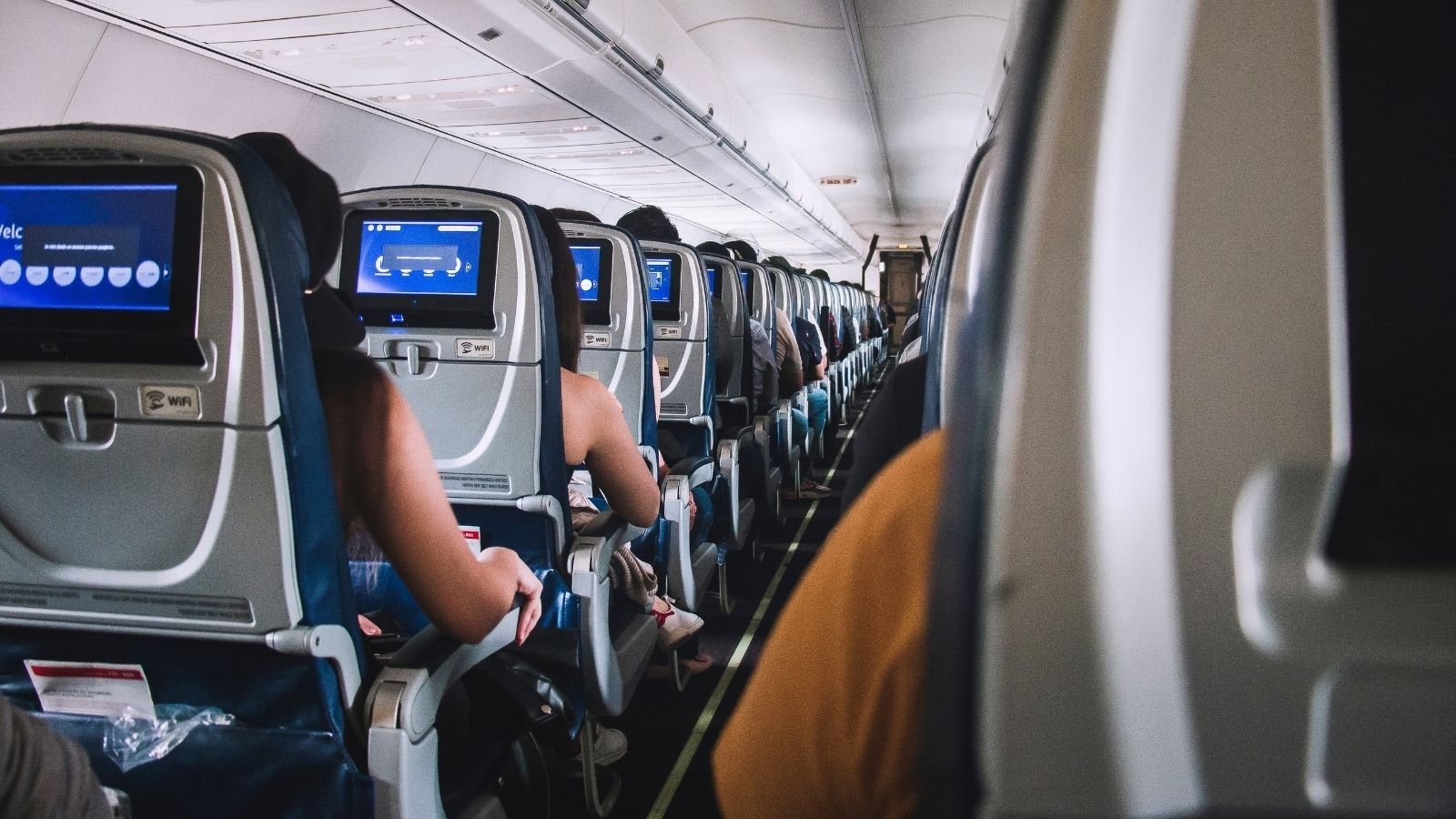Last week we reported on a challenging week for the aviation industry as resource shortages impacted travel. However (despite what the tabloid media will have you believe) it was a calm week for global aviation, yes there were a few queues at security and some flights were cancelled around the world, but thousands of flights were not cancelled and only on a few occasions did security queues stretch to hundreds of yards. Global airline capacity has held strong this week at 85.7 million, slightly up on last week despite the challenges of lockdowns being faced in China.
Forward-Looking Airline Capacity
Forward-looking airline capacity over the next three months continues to be shaved partly because of airlines impacted by continual lockdowns in some markets and by airlines wisely scaling back some capacity as resourcing proves challenging. Reductions in capacity, especially in Western Europe, and strong demand will inevitably lead to even higher airfares and perhaps margins for the airlines which after two years will be a welcome development (says someone who booked their flights in January!). At the moment July's capacity is standing at 93% of 2019 levels and although it will inevitably fall back it should be around 85% of where we were three years ago which will be a remarkable turnaround in just over a year as some of the later data highlights.
Airline Capacity by Region
An extra half a million seats this week is not a huge increase, but it keeps things heading in the right direction and with some obstacles having to be overcome confidence continues to rebuild. One of the interesting measurements this week is comparison to this week in 2020 when the world was virtually closed, and confusion reigned around what was and was not operating. Western Europe is getting ever closer to 20 million seats a week but was below 2 million two years ago and has nearly tripled in size since this time last year.
The one blot on the landscape is of course North East Asia where current airline capacity is nearly one-third down on the same week last year at 13.9 million seats a week, with China the cause of the shortfall. We do however need to remember that this is a short-term issue and that airline capacity recovery in China has been very quick as lockdowns ease; if that pattern is replicated this time, then anywhere up to six million additional seats could be added back by carriers in the next few weeks, taking global capacity above the 90 million mark and edging ever close to the 95 million mark that could be achieved this Summer season.
Top 20 Country Markets
With only a small percentage change in the weekly totals there is little movement in the top twenty country markets but as always, a slight shifting of places. Indonesia creeps above Italy into eighth position and France moves ahead of Brazil which has taken a near 6% hit on capacity this week. Both Spain and the United Kingdom report slight reductions in capacity but just to put that in context, UK airline capacity is nearly seven times higher than this week last year which makes the successful handling of most flights a remarkable achievement in a market of scarce resources.
Only two of the top twenty country markets are now operating with less capacity than this time last year, China which we have discussed before, and Russia where despite some major airlines still operating international services capacity is down 14% or around 250,000 seats a week.
Top 20 Scheduled Airlines
In case anyone had forgotten how bad the pandemic was for the airline industry, three of the top twenty airlines in the world this week operated no flights in the same week in 2020, and others were operating less than skeleton services; Emirates operated 2,500 seats – less than a dozen scheduled services! Happily, the situation this week is much improved, American Airlines are still the world’s largest airline and a clear distance ahead of Delta Air Lines in second spot; Ryanair in fourth position split the other two US major carriers.
British Airways are one of the few carriers that have a capacity reduction week-on-week and some of this may be as they ease back capacity post the Easter holiday period as well as some planned adjustments in light of available resources. Any schedule changes are frustrating but in the context of where airlines were two or even one year ago such changes are now minimal and made for the best commercial reasons; better to cancel now rather than on the day of departure seems a sensible approach.
So, although in terms of headline numbers this week’s data is pretty similar to last there are more positive developments happening. The removal of the face mask requirement on US airlines announced yesterday is a real positive step, although the thought of smiling at the person next to you may feel odd for a while. Importantly it is another step in rebuilding traveller confidence and filling those 86 million seats on sale this week. New routes are also being launched and summer seasonal services are coming back, Air Canada have announced seasonal services to Dublin for instance and FlyBe are once again operating; it's beginning to feel like old times!
Stay safe everyone!




.jpg)





.png)










